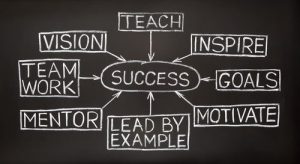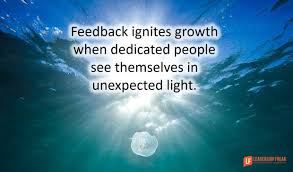I have 2 boys who have been playing one sport or another for the last 18 years. Over that time I would say between the 2 of them they have had at least 50 coaches from Timbits to college and in many sports from hockey, baseball, lacrosse, football and rowing. Many of them volunteers who have taken time away from their families to coach and give back to their community. Some trained as coaches and some who are just moms or dads who stepped up to support their child and many others.
This is a blog post that has been rolling around in my head for a VERY long time. You can only imagine the discussions at the dinner table, in the car and even at the rink that have contributed to my thinking about this topic.
Like great educators what do good coaches do?
1. Build relationships with their players. As teachers and school leaders we know that in order to reach others we must have a positive relationship with them. They need to know we care, they can trust us and that we will listen. We need to take an interest in their lives outside of school. Know their families, passions, interests, worries and goals. Great coaches take the time to know their players outside the rink, field, arena, gym, pool etc. They have an understanding of the player as a person not just as an athlete.
2. Differentiate their approach. Just as all students learn differently and have specific strengths and areas for grow so do athletes. There is not a one size fits all approach to learning. The job of the teacher, leader, coach is to study, research and discover what motivates and best supports the growth and learning of the child in front of them. They then must use what they discover to create an individualized plan for the child that allows them to grow and develop. Some athletes benefit from an Xs and Os approach, some watch film, some learn by doing and some need multiple methods. All students and athletes need positive supportive coaching and many many opportunities to practice new skills. Good coaches and educators know what works for each individual in front of them and carefully design and craft a plan to develop them.
3. Give feedback for growth Just to be clear feedback and praise are NOT the same thing. I am not suggesting that great teachers and coaches give praise but that they instead give feedback based on a task or process. This feedback does not focus on the individual but instead on the task or process that they are performing and therefore have specific suggestions, modifications and directions for improvement. This feedback must be rooted in tangible suggestions for growth. It must be authentic and viewed as positive and supportive.
What are some of the things that I have seen or personally experienced that ineffective coaches do?
Scream, yell, and swear.
Belittle, humiliate or embarrass.
Lie and cheat.
Bully
Manipulate
Exclude
Imagine if that these behaviours were acceptable in your child’s classroom? As a parent how would a coach feel if their children were exposed or treated in this manner?
As educators I know that we are held to a higher standard and I am thankful for that. I do not want anyone who behaves in the manner above in a classroom with children. That is simply not acceptable. As a parent I do not want anyone who behaves in this manner coaching children either.
If we are going to build healthy, resilient and well rounded adults then we need to model the type of behaviour we expect for them in all areas of their lives. As parents,teachers,school leaders and as coaches.
I believe these 3 essential elements should be applied to teachers, coaches and school leaders.
What do your view as essential for effective teachers and coaches?




Amem. So well put. I enjoyed this blog very much. 💕